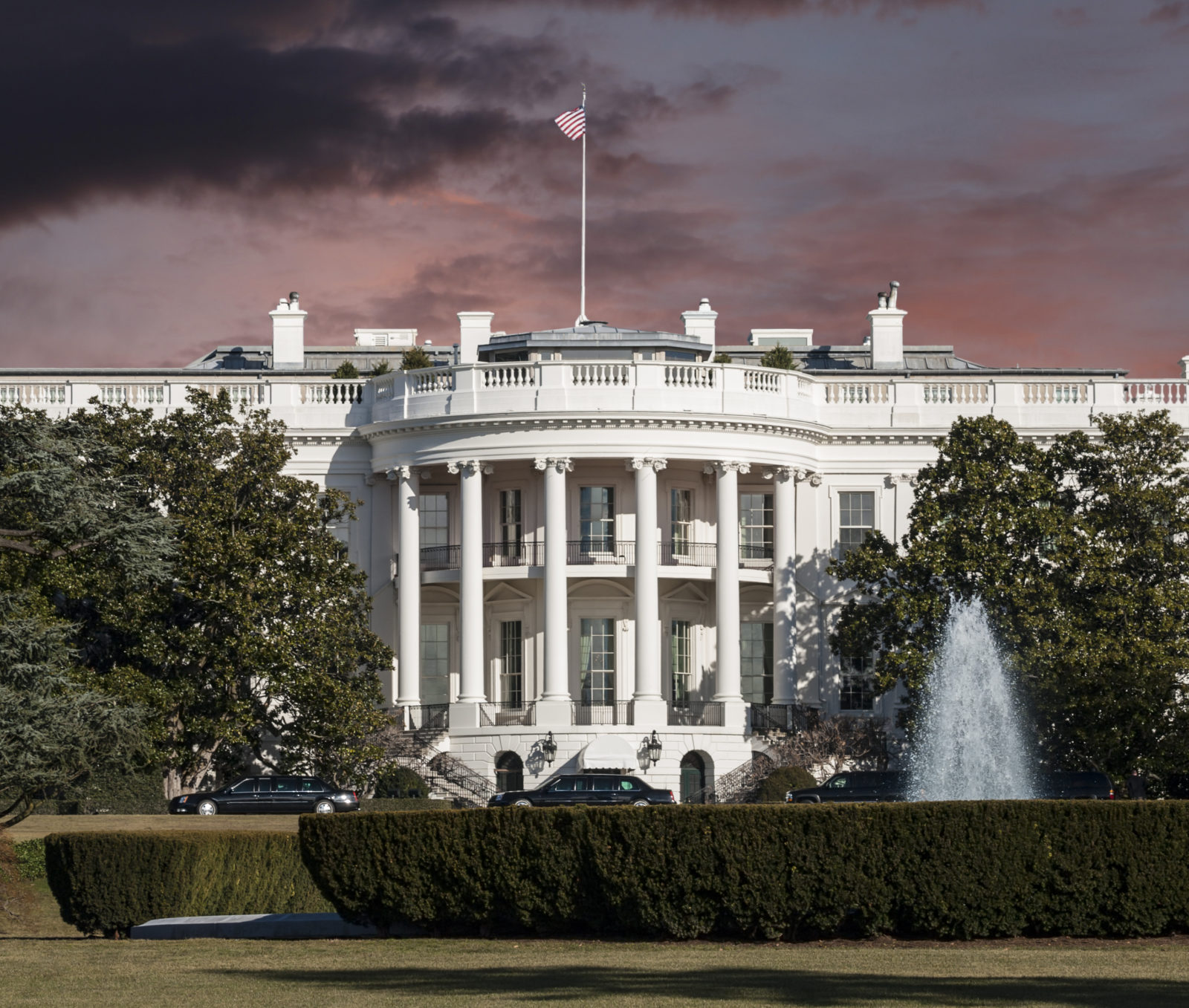“For only the third time since the founding of the United States we are in the early or transition phase of a new era in American and global history,” according to University of Virginia historian Philip Zelikow. He adds, “from the narrower point of view of economic and social history, however, we are in the early stages of a transition phase faster than anything we have encountered in more than 100 years, the largest since the economic and industrial revolutions of the late 19th and early 20th century.”
These quotes by Professor Zelikow appear in a article in Politico by Democratic strategist Doug Sosnik. Mr. Sosnik writes that we are “going through the most significant period of change since the beginning of the Industrial Revolution”–including a convergence of economic, technological, and demographic forces–“that is transforming every aspect of our lives.”
Mr. Sosnik asserts the point more than he proves it–but his analysis, as well as the one by Professor Zelikow, strikes me as basically right. There is certainly “change that’s churning beneath the surface,” in Sosnik’s words, and this may be a “hinge” moment in American history.
In his article, Sosnik pays particular attention to demographic changes, pointing out that a demographic transformation is changing who we are as a country. He points out that as recently as 1980, 80 percent of the United States population was white. Last year the figure had dropped to 63 percent. And a recent report, “States of Change,” projects that whites will be less than 44 percent of the total population by 2060.
Mr. Sosnik argues that the shifts we are experiencing are “going to change which voters matter and which states matter.” The political center of gravity in America will shift from the Midwest to faster growing, ethnically diverse states like Florida, Virginia, Colorado, and Nevada. Of special interest to Republicans: Most of the fastest-growing states in America–which are trending younger and more diverse–are no longer solid Republican base states.
The Republican Party, particularly if it hopes to be successful at the presidential level, needs to take these shifts into account. Some on the right seem to want to ignore these changes, or deny them, or undo them. None of these options are wise, and if pursued, each of them will fail.
For Republicans to succeed, they need to produce political leaders, and most especially a presidential nominee, who understands how our nation is changing; who can explain what these changes mean; and who can convince voters who are not now voting for the Republican Party why it’s best able to harness the forces that have been unleashed.
The Republican nominee needs to explain to voters why this transformative moment shouldn’t be feared but grasped; why it presents us not only with tremendous challenges but also with extraordinary opportunities.
This will require putting forward a modern, creative 21st century agenda that addresses middle-class concerns like higher education and health-care costs, wage stagnation and stalled social mobility. It means nominating a conservative standard-bearer who is a reformer and change agent, who voters believe can lead America to a new era of prosperity and renewal. And it means choosing a person to represent the party who, when saying our best days are ahead of us, is actually believable–and who inspires confidence in skeptics rather than simply inciting passion in supporters.
This is an admittedly tall order, and whoever is the nominee will need to present their case in ways that are authentic to them. But it does strike me that these elements are important, given where the Republican Party is, where the nation is, and where the nation is going.
— Peter Wehner is a Senior Fellow at the Ethics and Public Policy Center.


